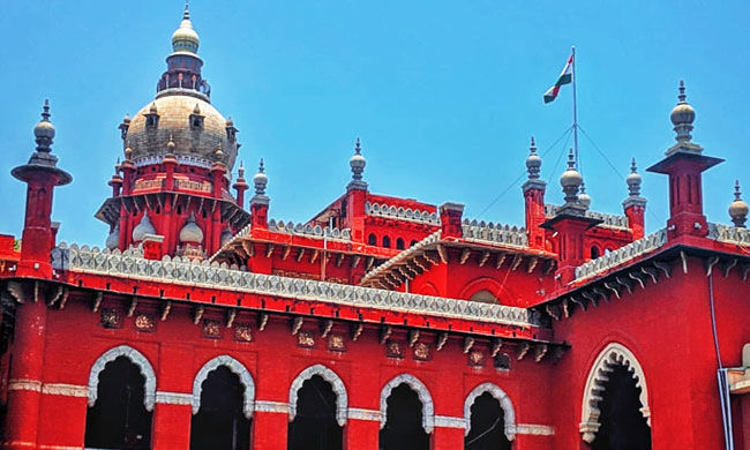The Madras High Court has held that income tax adjudication proceedings and criminal prosecution are independent of each other; the pendency of one does not affect the other.The bench of Justice G.K. Ilanthiraiyan has observed that the adjudication proceedings and the criminal prosecution are independent of each other, and the pendency of any adjudication proceeding is not a bar to...

